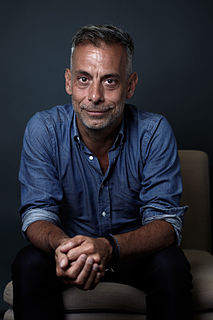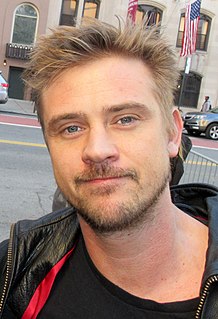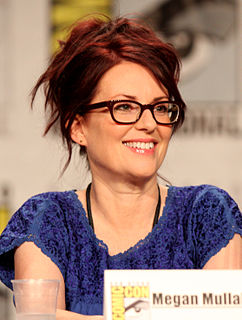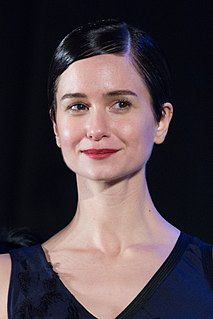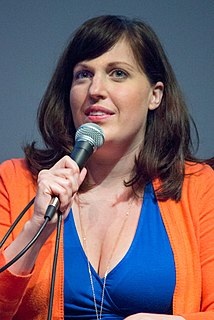A Quote by Joe Mantello
I have a concentrated period of work for about five months, and then I take a bunch of time off. That's just the way I work.
Related Quotes
What I do is work for three or four years and then I take a year off, and then I come back again and work for three or four years and then take another year off. It is not about just working and then writing for a year. That is not how it is structured. It is about doing very conscious goal-driven activities for four years and then taking a year off in complete surrender to discover facets of myself that I don't know exist and exploring interests with no commercial value associated with them at all.
The way I found time to write 'The Imperfectionists' was that I took work as a copy editor at the 'International Herald Tribune' in Paris, working full-time for approximately six months, then taking my savings from that and writing full-time, then returning after six months, and so on, until the book was done!
When they [visitors to his studio:] learn about the six-week daily-strip deadline and the 12-week Sunday-page deadline, a visitor almost never fails to remark: "Gee, you could work real hard, couldn't you, and get several months ahead and then take the time off?" Being, as I said, a slow learner, it took me until last year to realize what an odd statement that really is. You don't work all of your life to do something so you don't have to do it.
In a strange way, I don't have a job, so I have a lot of time on my hands. When I do work, it might be very concentrated, and it might be months where you're not really doing anything except maybe playing the banjo or writing something. You know, there's a lot of time in the day if you're not working 9 to 5.
The thing about theater that always and still kind of makes me edgy is that you work and work and work and work, and then you're just in performance mode, and then you have to just be on; the work is done, and then you just have to do it over and over again, so you're just constantly at that performance level.
